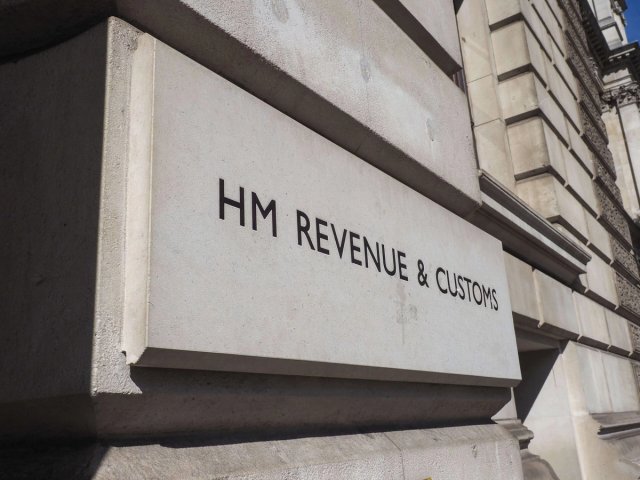From May 2025, all financial sanctions in the UK will extend to the art trade, introducing new compliance and reporting obligations for “art market participants”. This announcement, made by the Office of Financial Sanctions Implementation (OFSI, a division of HM Treasury), signals a significant regulatory shift, particularly for businesses that transact in high-value works of art.
“The OFSI has now set its sights on the art market and wants [it] to share its intelligence about sanctioned collectors, persons or entities suspected of breaching sanctions regulations, including details of assets held for them,” says Helen Mulcahy, a partner at the solicitors Fieldfisher.
New layers of responsibility
Under current law, businesses across various sectors (including the art market) must already ensure that they are not conducting transactions with individuals or entities subject to financial sanctions. However, the forthcoming changes introduce new layers of responsibility in reporting these cases and, in some instances, require freezing assets.
The expanded regulations, under the EU Exit Sanctions Regulations, will apply to businesses and individuals already registered as High Value Participants (when the trader makes or receives, in any transaction, a cash payment of €10,000 or more,) or Art Market Participants (a firm or sole practitioner who, by way of business, trades in, or acts as an intermediary in a transaction involving art, valued at €10,000 or more), which will fall under the expanded definition of “relevant firms”. More than 1,500 such art market participants are currently registered with HMRC.
This is not a completely new area for some of the trade, as those “supplying, selling (including by auction) or exchanging articles made from gold, silver, platinum, or palladium, or precious stones or pearls” already fall under the reporting obligations.
Definition expansion
Nevertheless, the expansion of the definition means that the trade will be expected to inform HM Treasury “as soon as practicable” if they know or suspect that someone is a “designated person” subject to financial sanctions imposed by the UK government or has committed breaches under the UK’s sanctions regulations.
For example, if a collector consigns a valuable work to an auction house and is subsequently added to the designated persons list, the auction house would need to freeze the asset and comply with reporting obligations. Similarly, if a buyer is identified post-sale as a designated person, the business would be required to halt the transaction and report it to the Treasury, Mulcahy says.
It is unclear whether any key trade figures or groups were consulted about the plans, and HM Treasury had not responded to a request for comment as we went to press. In its adjoining guidance, the OFSI notes the “significant role of the global auction market”, alongside the statement that “luxury goods are often associated with certain brands whose names are preferred by those consumers with strong purchasing power”.
Penalties
OFSI currently oversees sanctions across 35 regimes and 3,883 designations, according to its 2023 annual review. Failure to comply with the regulations could lead to fines of up to £1m (or 50% of the total breach, whichever is higher) and possible prison sentences of up to seven years.
“The impact [of the changes] is that it adds a further, unwelcome burden on dealers who are already struggling to keep up with basic Anti-Money Laundering compliance requirements, in a tough market,” says Paul Hewitt, the director general of the Society of London Art Dealers, adding that more clarity is needed on the processes of reporting and freezing assets. “This is on top of Brexit, the pandemic, the war in Ukraine, not to mention changes in employment law and increases in employer National Insurance.”





